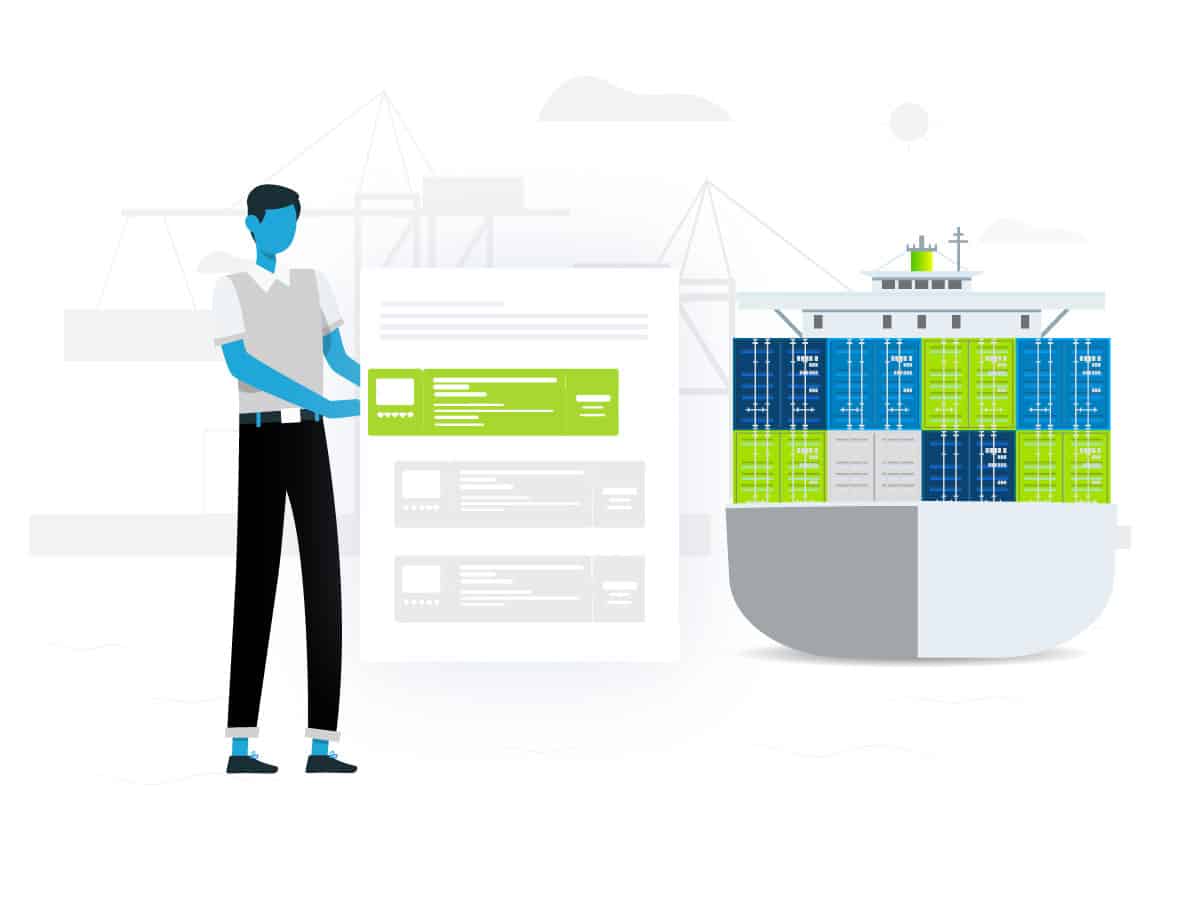- Home
Blog Blog
Export & Import Export & Import
Import-Export Documentation Required for Your Shipments
Import-Export Documentation Required for Your Shipments

As a first-time importer-exporter, the completeness, quality and accuracy of your import-export documentation is as important as the delivery of the right cargo, to the right place and the right time.
Understanding the import-export compliance requirements from the relevant Authorities and Agencies is critical to ensure on-time clearance and delivery without any extra costs. Hence, it is vital to obtain and submit the complete set of documents within the stipulated time frame either through an appointed Custom Broker or Freight Forwarder.
For cross-border trade, there are some standard list of import-export documentation, namely:
- • Commercial Invoice for Shipping: This document ratifies the shipment contents, pricing of the cargo, and its value. Customs cross-checks the pricing as per international market rates. If the invoice is undervalued, Customs automatically assumes that the importer wishes to avoid duties, so this document must be prepared accurately.
- • Packing list: This is an export procedure document, but the importer is liable for penalties if the packing list is inaccurately made. Every item in the shipment must be detailed (with dimensions, gross and net weight, number of units in each) along with requisite shipping marks. Customs identifies parcels from consignments based on the accuracy of the Packing List.
- • Certificate of Origin: This is a vital import and export document that the designated Export Agency issues under a specific schedule to the importer. You must submit the same to Customs.
- • Airway Bill/Bill of Lading: This is a transport document. It is most commonly issued by either the Airline or Shipping Line, though it may be issued by Rail or Road carriage providers. It specifies the carriage of the cargo on both the exporter and importer’s behalf. Furthermore, its existence signifies that the cargo is ‘onboarded’ and it is also used for payment negotiations between all parties.
There are other Import-Export documents that may be required for Customs submission dependent upon types of goods, value, exporting country, tax subsidies etc. Understanding the import-export compliance requirements prior to shipment ensures an effective and seamless flow.
Why should you know the import-export regulations before you ship?
Imported goods are generally examined and cleared by Customs Authorities or Agencies. The costs and effort associated with resolving challenges that arise at Customs is much higher and definitely more time consuming should the goods be detained by Authorities or Agencies due to non-compliance.
Diligent import-export documentation preparation and advance submission of documents to Customs significantly minimises risk of issues at Customs. Clear understanding of import and export regulations significantly increases your chance of a hassle-free import of your goods.
For more information tailored to your needs, please go to our Knowledge centre, where you can find out more about incoterms, customs details and download relevant documents and samples.
Category

Export & Import
Import-Export Documentation Required for Your Shipments
Related Articles

Why Do B2B Businesses Need Escrow Services

Problems Escrow Is Intended to Solve






